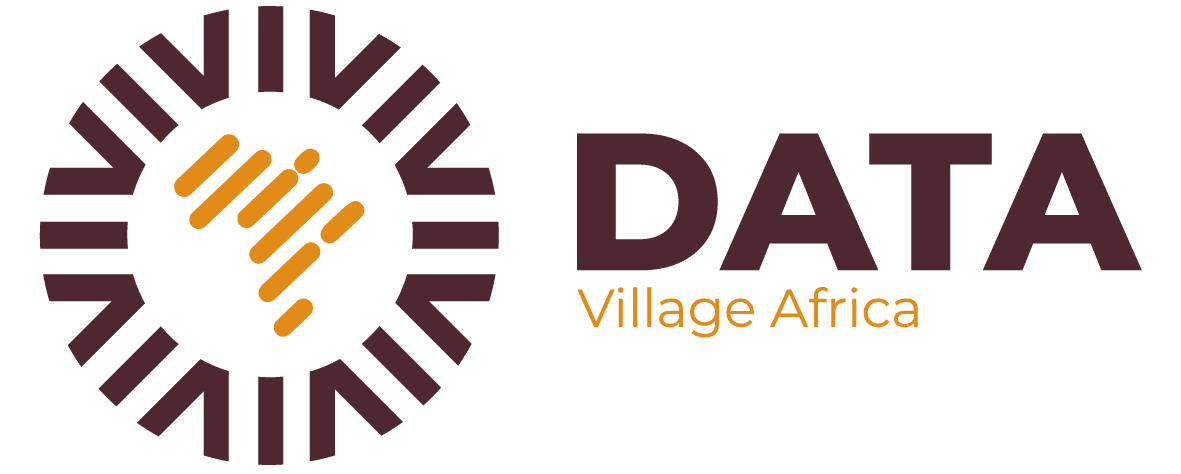Understanding Africa’s Unique Challenges
Africa faces a myriad of challenges that necessitate innovative data and AI solutions tailored to its diverse contexts. Economic disparities are profound, with many countries struggling under the weight of poverty and unemployment. According to the World Bank, a significant portion of the continent’s population lives on less than $1.90 a day, underscoring the urgent need for strategies that leverage data to drive economic growth and sustainability.
Infrastructural development presents another major hurdle. Many areas lack reliable transportation, electricity, and internet access, which are essential for implementing effective data-driven solutions. A report by the African Development Bank highlights that over 600 million people in Africa remain without electricity, inhibiting progress in various sectors, including technology and education. This lack of infrastructure contrasts sharply with the more developed regions where data solutions can be implemented seamlessly.
Healthcare needs in Africa are also unique. Countries face challenges ranging from communicable diseases to inadequate healthcare services. The COVID-19 pandemic accentuated the weaknesses in health systems across the continent, revealing the necessity for robust data systems that can track and respond to health crises. Moreover, leveraging AI for healthcare analytics can significantly enhance service delivery, allowing for more informed decision-making based on real-time data.
Educational barriers further complicate the landscape. With many children lacking access to quality education and learning resources, there is an urgent demand for innovative solutions that utilize data and AI to improve educational outcomes. The disparity in education access between urban and rural areas is particularly alarming and requires focused interventions that resonate with local communities.
Understanding the local context and cultural dynamics is paramount in crafting effective solutions. Real-world case studies show that foreign interventions often fail due to a lack of awareness of these factors, while locally informed initiatives have shown promise in transforming communities. By prioritizing context-sensitive data and AI strategies, African nations can empower their populations and foster sustainable development.
Developing African-Centered Data and AI Solutions
The development of data and artificial intelligence (AI) solutions tailored specifically for Africa is critical for achieving sustainable growth and progress across the continent. To effectively address the unique challenges faced by various African nations, it is essential that these solutions are designed by Africans, leveraging local knowledge and expertise. Building local capacity in technology development can ensure that innovations are culturally relevant and pragmatically useful, ultimately fostering a stronger sense of ownership among communities.
Collaboration among African researchers, technologists, and entrepreneurs plays a pivotal role in this process. By working together, these stakeholders can share insights, maximize resources, and encourage creative thinking, which often leads to the development of more robust and contextually appropriate solutions. Platforms that promote collaboration, knowledge sharing, and co-creation can accelerate the pace at which data and AI solutions are brought to market, positioning Africa as a leader in the global tech landscape.
The successful implementation of African-centered data and AI initiatives also relies heavily on the existing infrastructure. Investments in education, technology hubs, and supportive government policies are foundational to developing a vibrant tech ecosystem. Educational institutions must prioritize STEM (Science, Technology, Engineering, and Mathematics) programs with a focus on practical applications, while technology hubs can provide critical resources and mentorship for aspiring entrepreneurs. Government support can further bolster this ecosystem through policies that encourage innovation and protect intellectual property, making it easier for homegrown solutions to scale.
Examples of African companies and startups that have made strides in developing impactful data and AI solutions are emerging across the continent. For instance, firms utilizing machine learning algorithms to address agricultural inefficiencies or startups enhancing healthcare delivery through predictive analytics serve as beacons of inspiration. These initiatives not only address local problems but also illustrate the potential for African solutions to have a global impact, inspiring others in the industry to invest in and contribute to this growing field.

